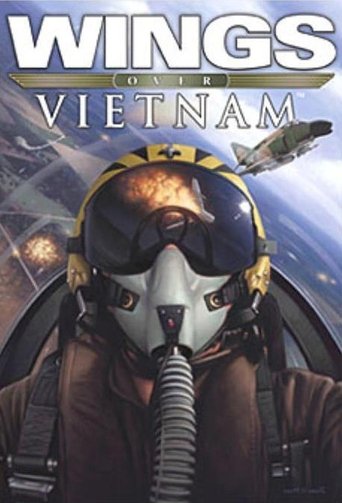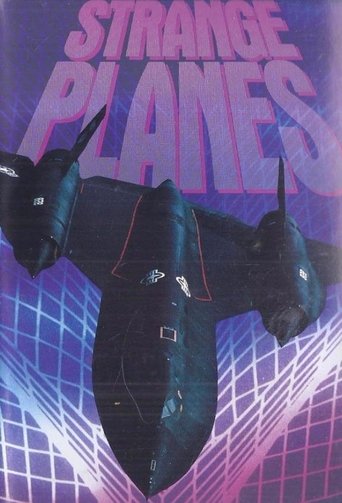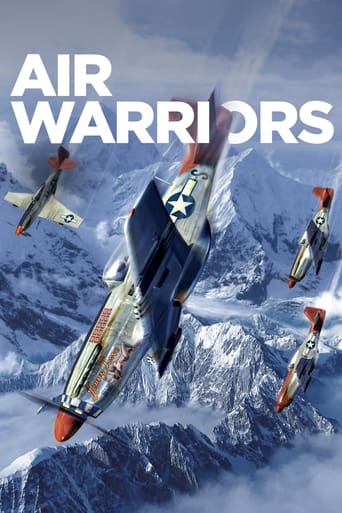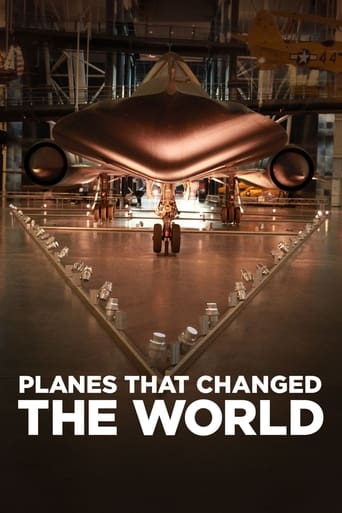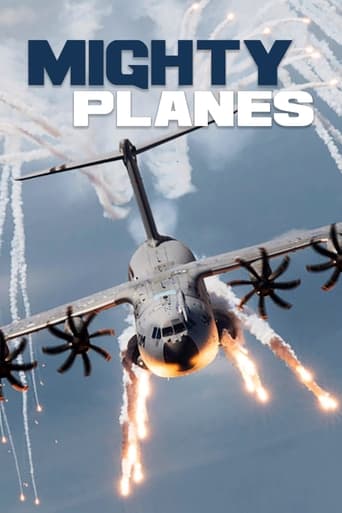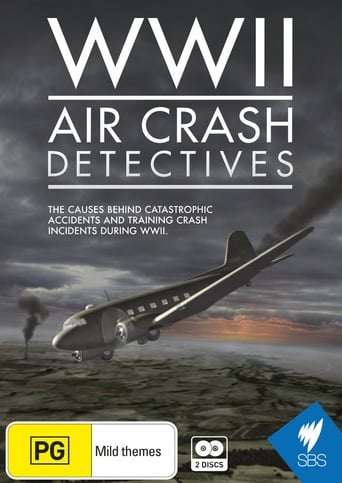Wings Season 9
With 30 Day Free Trial!
Wings
1988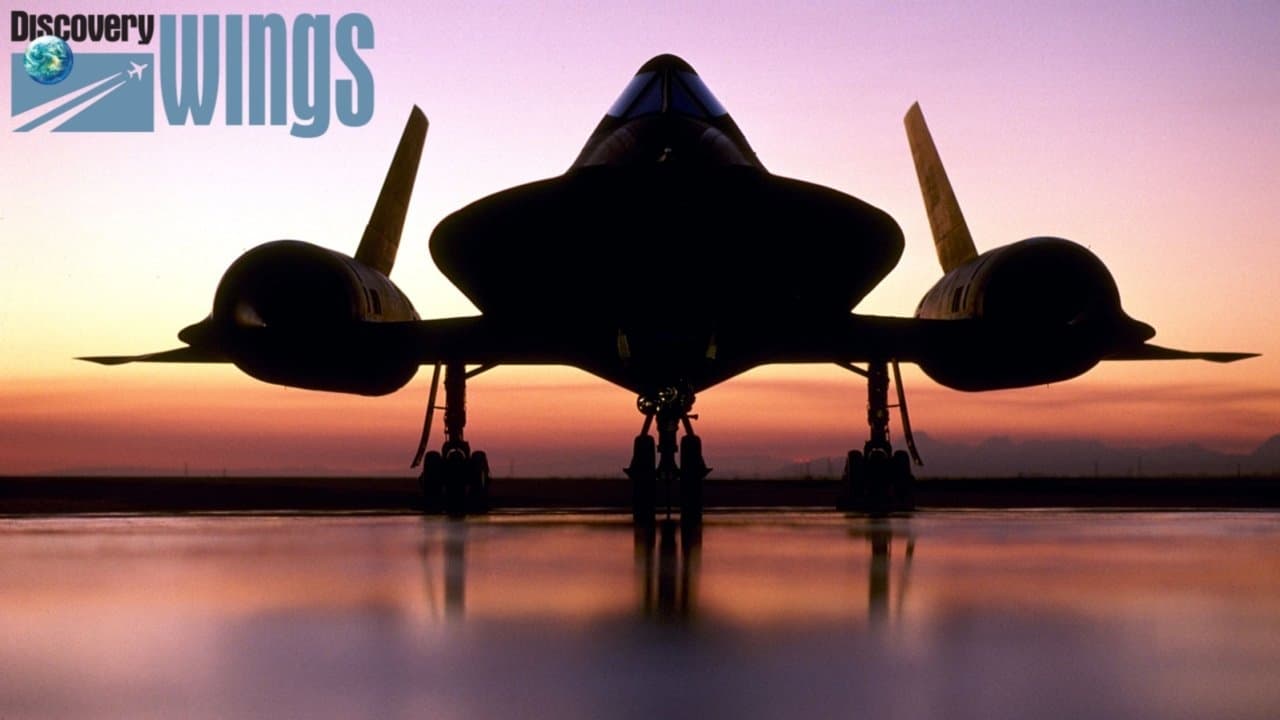
First seeing service in the First World War, flying boats quickly adapted to peacetime when they became the world's first airliners. When the Second World War broke out, flying boats swiftly reverted to their military roles in both the Atlantic and Pacific theaters - but it was becoming increasingly obvious that their days were numbered. Discovery Wings tells the story of these beautiful and spectacular aircraft with rare action archive footage and stills featuring dozens of different designs.
Watch Trailer
With 30 Day Free Trial!
Wings Season 9 Full Episode Guide
Today, only Japan, Canada and Russia still produce large flying boats and seaplanes. Designed for special utility and military applications, these modern seaplanes have kept up with the advance of technology. In particular, the jet-powered Russian "Albatross" may lead a new generation of flying boats into the future.
By the 1950s, flying boat operations in the United States Navy were in decline. Ironically, Navy planners began developing radical new designs including the jet-powered "Seamaster" and the supersonic "Sea Dart." In the end, however, these water-based aircraft could not compete with the obvious efficiency of traditional land planes.
Just when post-war aviation had forsaken the large flying boat, three of the biggest ones ever built would make their debut. Howard Hughes' "Spruce Goose" and the British Princess were unfortunately doomed from the start, but the Martin "Mars" is still flying today as a converted water bomber used to fight forest fires.
From twin-engine patrol planes to six-engine bombers, flying boats offered versatility and mobility to combatants on both sides of World War II. Without these dependable work horses, the Allied forces might have lost the battle of the Atlantic as well as the Pacific island-hopping campaign.
Learn how Pan American Airways' giant Clipper flying boats established the world's first air service across two oceans and offered passengers the ultimate in modern transportation. Juan Tripp's contribution to history is well documented with actual footage of the "China Clipper" and much more. To this day, these flying boats depict such romance and nostalgia unmatched by any land plane. Includes also rare footage of the Dornier DO X German Flying Boat.
In 1913, aviation pioneer Glenn Curtiss became the first to develop the flying boat. From the start, these large seaplanes surpassed land planes in both size and range. By 1920, they had become the first airliners, the first American aircraft to engage in combat and the first to conquer the Atlantic Ocean by air.
Free Trial Channels
Seasons



























